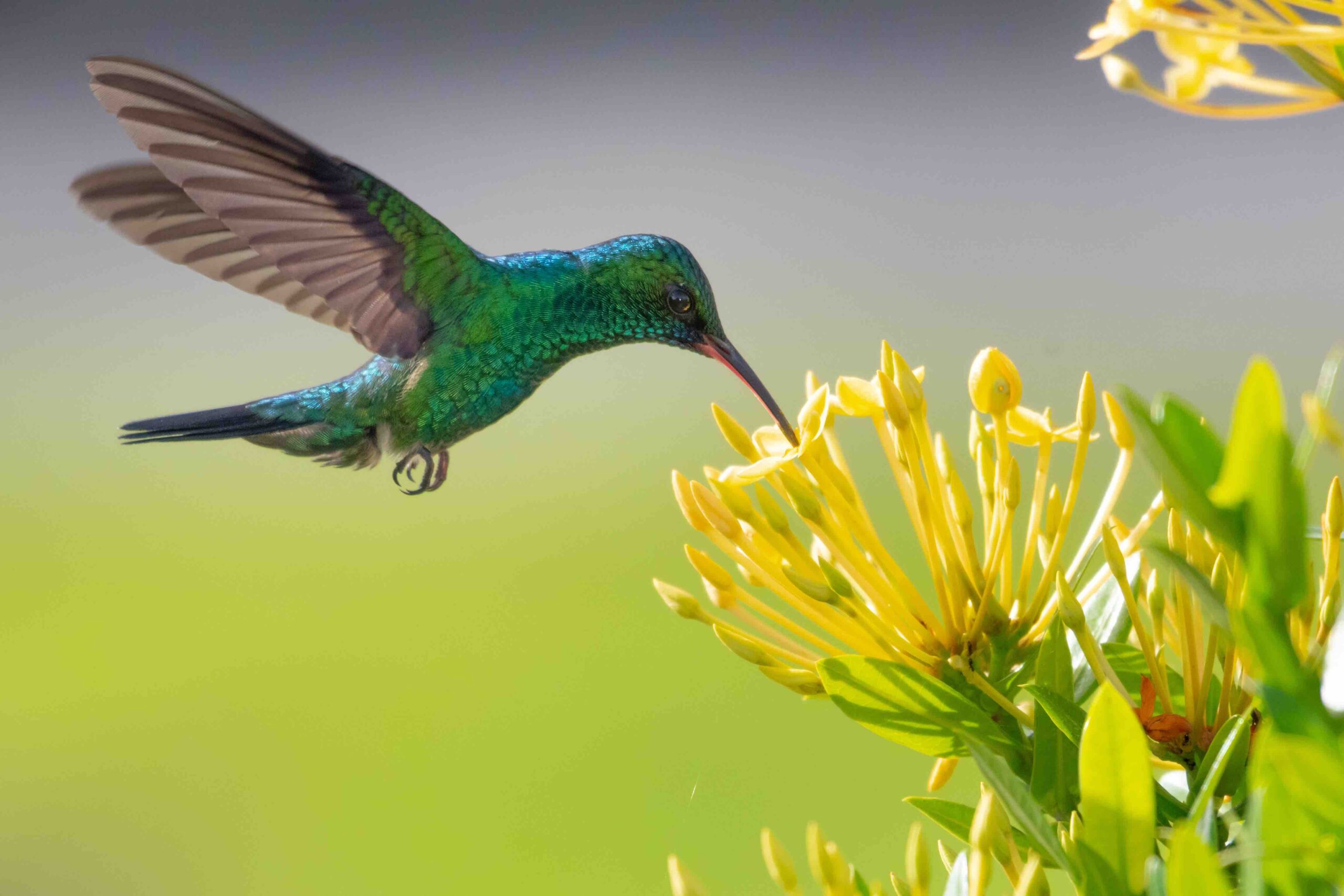My last blog post was a look at my journey into a dark place of Apocalypse fatigue, powerlessness, and of deep climate grief, to a better place of participation and work for positive change.
Today I want to focus on the positive change idea best personified in a story told by Wangari Maathai, the great Kenyan scientist, writer, activist, and winner of the Nobel Peace Prize in 2004.
The story is simple. A terrible wildfire consumes the forest where all the little and great animals live. They stand paralized by the flames. Helpless. A tiny bird, a hummingbird, flies to a lake and brings a drop of water to the flames again and again. The other animals say, “What are you doing? You’ll never be able to put out that terrible fire, you’re too small.” An elephant, with a big trunk, a trunk able to bring much larger quantities of water watches, and…wait, wait…Dr. Maathai tells it so much better than I can! Watch the 2 minute story by clicking here.
So what is positive change? It’s doing what you can. Being a part of solutions. It’s not standing by. In the story, we don’t know what happens to the forest and the animals. We only know that the hummingbird is doing the best she can.
Thinking about all the hummingbirds I know who are working everyday for positive change inspires me. This is what helps me each day. I hope it can help you to do something everyday to solve our climate problem.
A good place to start? A class I am talking about business sustainability starts us off with weekly “hummingbird challenges.” The first is to get involved. Email and call your representatives. Make sure you’re voting for candidates who work actively to make positive change for people and planet. The CA Environmental Voters website and org is a good one. They have a section called “elections center,” where you can see who they endorse.
Calculate your carbon footprint. Take your Ecological Footprint here. Make sure to click the “add details” to get better accuracy. When you’re done, you are able to explore your data and find ways to engage. Rule number 1 is to realize that everyone has a carbon footprint. Americans have very large ones, especially wealthier Americans in large homes. Shame isn’t part of positive change; doing the very best you can to affect changes is positive change.
Take steps. For people who own homes, solar is a very effective means to cut your emissions and the cost right now — with large federal incentives and only a 5-7 year payback before you’re electric costs you almost nothing, make the solar choice a “no brainer.” Electric cars, if you’re in the market for a new car, and even if you’re not, also provide a great, big slash to your carbon footprint — see the articles linked below. There are also really good rebates, tax credits — up to $7500, and fantastic leasing options (see below for resources to start looking). Business owners can do so much now. Work to help get a legislation, such as the Build Back Better, or the Break Free from Plastics Act, passed. It’s so easy to call or write to your representative. Learn more here. What’s your journey going to be?
I hope Wangari Maathai’s hummingbird story inspires you to work for positive change starting now. We need all the hummingbirds in the forest.



0 Comments